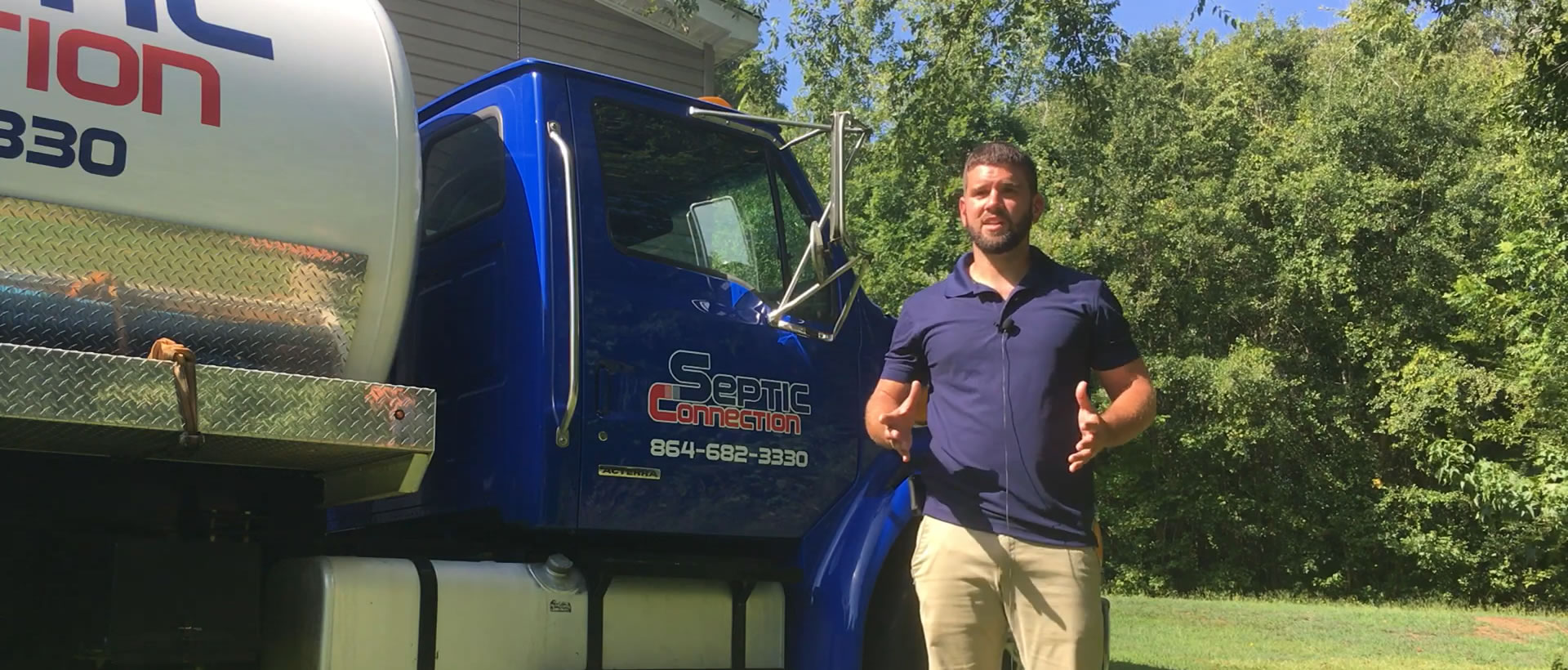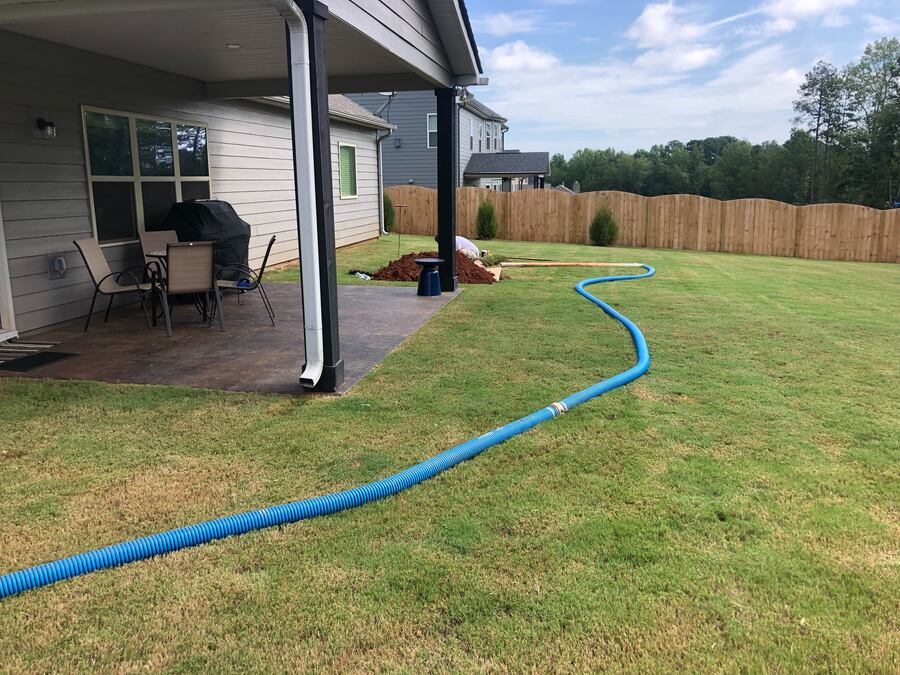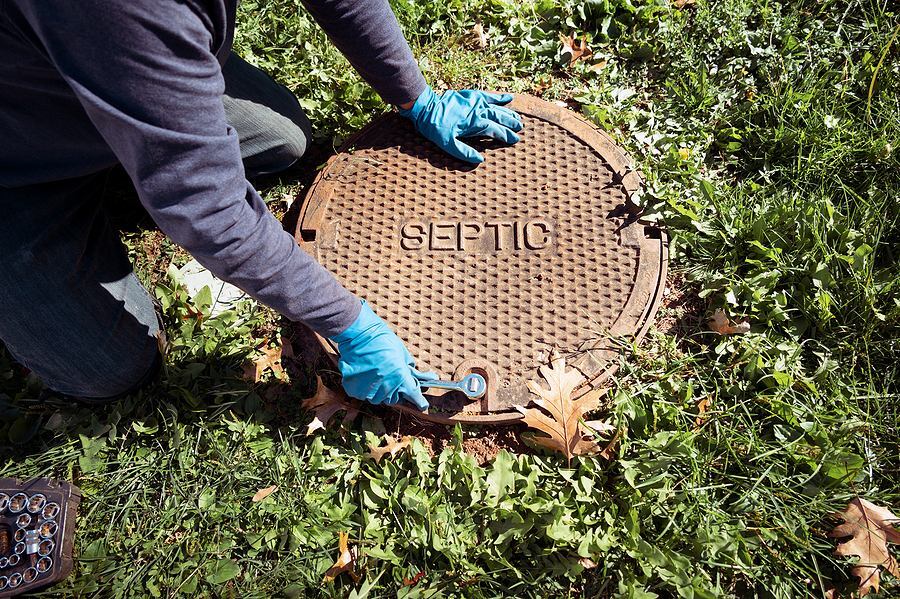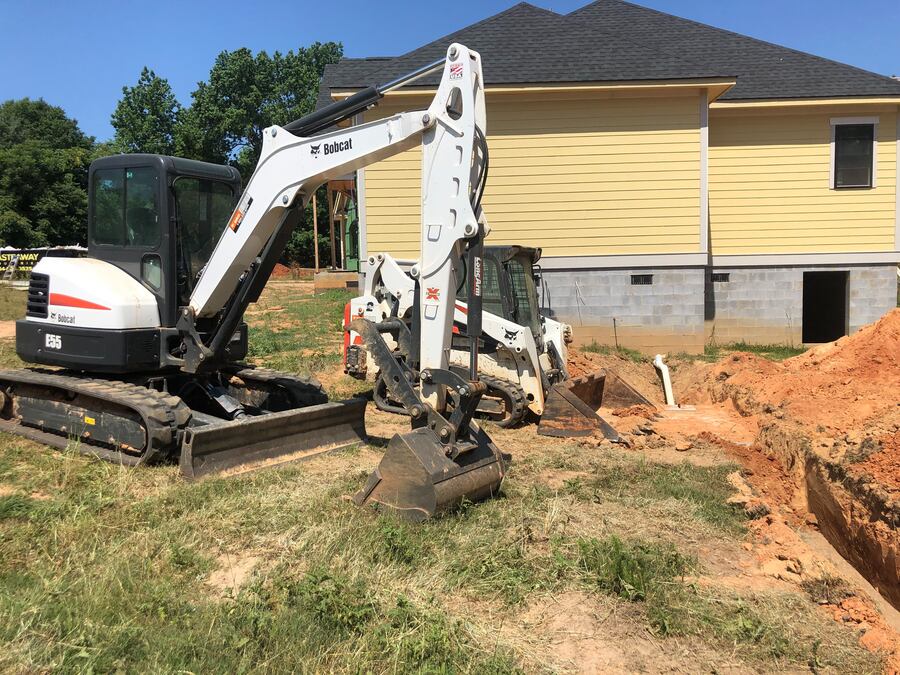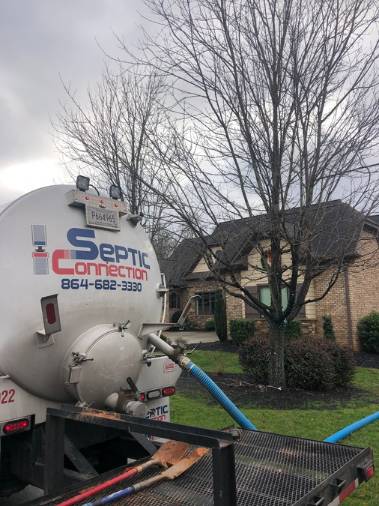
Drain Field Dos and Don’ts
Septic systems are critical for waste management, especially in properties not connected to the municipal sewer line. Routine care and maintenance are crucial to mitigate damage and costly repairs like most systems. At Septic Connection, we have seasoned experts with extensive knowledge ready to help you ensure everything runs right. Let’s look at the dos and don’ts when caring for your septic system.
Septic System Do’s
We recommend consulting a professional septic company if you prefer a more hands-on approach to septic maintenance. This allows you to leverage the expertise of trained technicians and eliminate errors associated with DIY projects. Here are the Do’s about your drain field.
-
Schedule Routine Inspections, Pumping and Cleaning
Septic tank pumping and maintenance frequency depend on state and local regulations, tank size, household size, and usage. Industry experts recommend maintenance every three to five years, but a reputable septic company can customize a care plan suited for your system. This eliminates guesswork and allows us to address minor issues in time.
-
Make and Keep Records of Inspections and Maintenance
Whether you have plans to sell or rent your property, it is essential to have records for previous inspections and maintenance. Records also show diligence and protect the other party against liability should the septic system experience catastrophic failure or damage. The last thing you want is to compromise your return on investment or legal action because of poorly kept records.
-
Respond Quickly to Septic Tank or Drain Field Problems
Check for moist or loose soil, visible wetness or stagnant water near the drain field, persistent sewer odor, and backed-up drains. These are common signs your septic system needs maintenance before the damage becomes more pronounced. A septic company can assess, detect, and address telltale signs usually undetected by inexperienced individuals and recommend a long-term solution.
Septic System Don’ts
Now that you know what to do when dealing with your septic system, the list below outlines essential activities you shouldn’t do. We don’t recommend things for homes that rely on a septic system.
-
Don’t Throw Rubbish in the Tank or Flush It Down the Toilet
Septic systems handle human waste and toilet paper. In severe scenarios, other items that find their way into the tank risk blockages, leaks, and pipe bursts. Nothing is more frustrating than a backed-up toilet flooding the house with effluent. The best solution is to watch what goes down the toilet and avoid damping products labeled "flushable", such as diapers, wipes, and feminine products.
-
Don’t Use Chemicals Drain Cleaners
When you have a slow or clogged drain, adding a handful of chemical cleaners is a fast and effective solution to restore function. However, these products contain corrosive chemicals which damage your pipes, making your system prone to leaks. You can mitigate such issues by scheduling routine septic tank pumping and cleaning to clear blockages and enhance durability.
-
Don’t Excessively Water the Drain Field
While lawn watering is essential in maintaining lush and healthy premises, ensure you don’t overdo it. Avoid connecting your sprinkler system over the drain field unless irrigation is conservative and monitored. A flooded drainfield can release toxic effluent, compromising the safety and quality of your home.
Learn more about maintaining an efficient septic system from the professionals at Septic Connection. Contact us today and schedule an appointment with our representatives to enjoy quality septic services at competitive market rates.
 How it works
How it works
